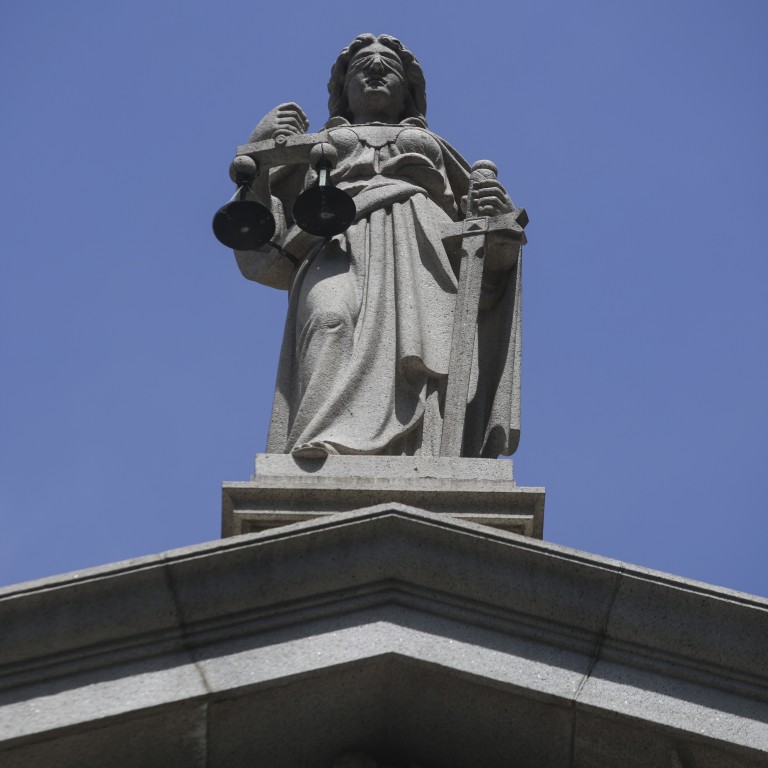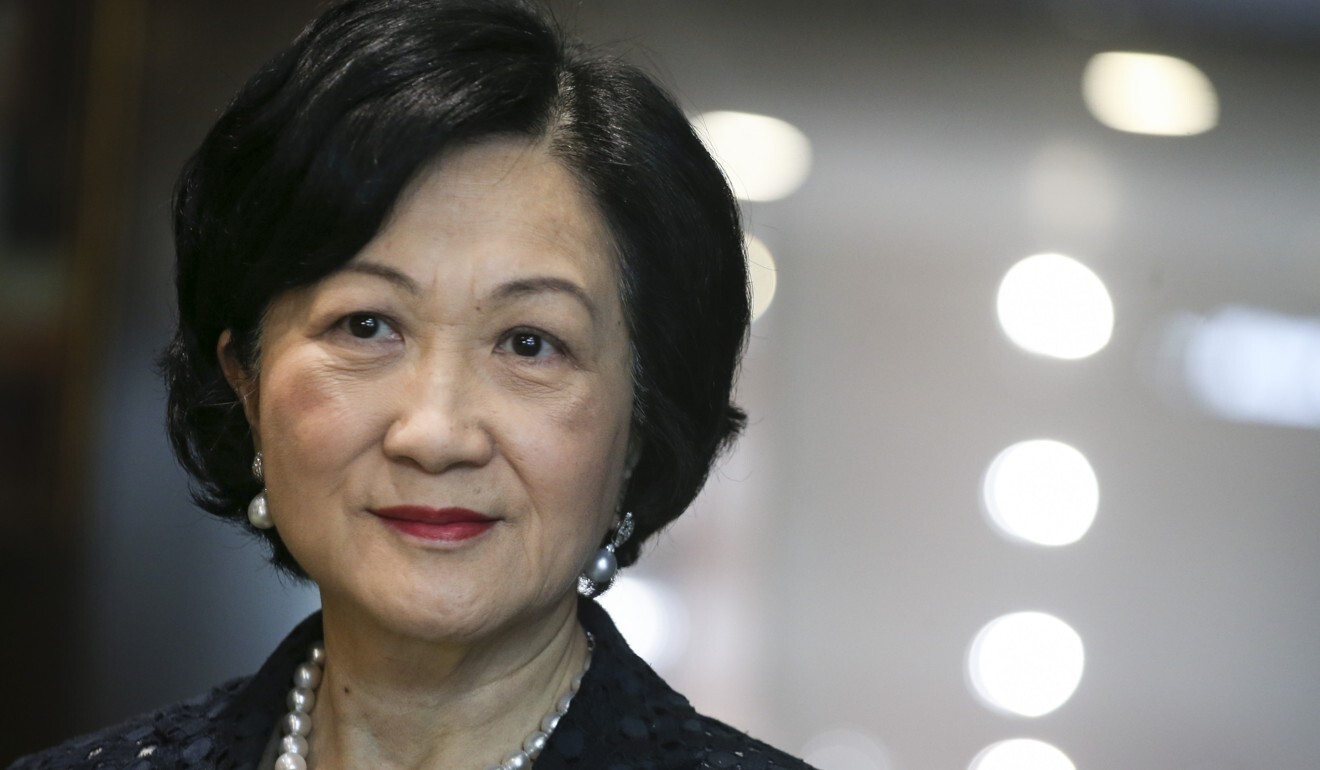
Hong Kong national security law should be interpreted and applied only by Hong Kong courts, Bar Association says
- The law should be treated just like any other local one, given it fills a gap in domestic legislation, the body argues
- If mainland agents are stationed in Hong Kong, they should not have any law enforcement powers, it says
Under the law, mainland agencies will be allowed to operate in the city “when needed”, a move that triggered widespread fears that all forms of dissent and opposition activity would effectively be criminalised. The government has offered repeated reassurances the law will only target a minority of lawbreakers.
It laid out recommendations on how the law should comply with the common law tradition. The legislation would be the first time Beijing had made a specific law imposing criminal responsibility in Hong Kong, it said. Mainland authorities have justified the move by pointing out the city had failed to enact the relevant legislation as required under Article 23 of the Basic Law, the financial hub’s mini-constitution.
“Thus, the purpose of the national security law is to fill a gap and take the place of a law that is supposed to have been enacted by the Hong Kong Special Administrative Region,” it said. “As such, and notwithstanding its origin, the national security law should not be treated differently from any other piece of domestic legislation in the HKSAR.”
The law should be applied and interpreted in accordance with standard common law principles and subjected to all the usual guarantees of criminal procedures, with the rights of parties to the proceedings protected in full, the association said.

“Hong Kong courts should have full jurisdiction over the interpretation and application of the national security law and this should be so stated in the promulgated law,” it said.
While the standing committee enjoyed power to interpret the future law, it should refrain from doing so unless requested by the Court of Final Appeal, the group argued. If mainland agents are stationed in Hong Kong, they should not have any law enforcement powers, including surveillance.
The Law Society, the professional body for some 10,000 lawyers in Hong Kong, on Thursday asked Beijing to be transparent in drafting the law and ensure it complied with common law principles.
The Bar Association agreed the law must not be retrospective and the offences should be narrowly defined.
It advised against limiting the pool of presiding judges to Chinese nationals with no right of abode in a foreign country and said a defendant should be afforded the right to trial by jury. Executive councillor and former security minister Regina Ip Lau Suk-yee has said juries would be inappropriate for national security cases.

